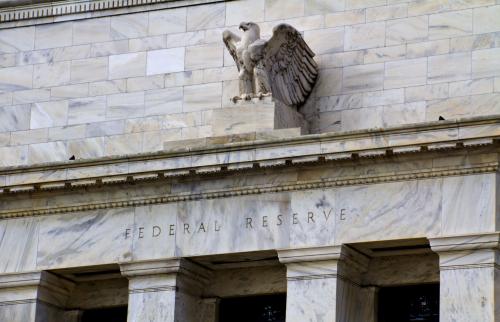Banks are key players in the municipal bond market, holding approximately 20% of outstanding municipal bonds. In a paper presented at the Municipal Finance Conference in July 2024, Gustavo S. Cortes of the University of Florida, Igor Cunha of the University of Kentucky, and Sharjil Haque of the Federal Reserve Board find that banks are more likely to hold bonds with issuers with which they have an established relationship. This study uses novel (and confidential) data on larger banks’ portfolios from the Federal Reserve, which collected the data for its stress testing exercise. This provides far more detail and specificity about holdings than data available to authors of previous studies.
Banks prefer larger, longer-maturity, and insured bonds as well as bonds with higher-credit ratings, but are less sensitive to these factors when picking bonds from an issuer with which the bank has other relationships.
These relationships benefit both banks and issuers, the authors conclude. Banks extract information from lending relationships to enhance investment decisions. They can more accurately price bonds at initial issue and find undervalued opportunities, resulting in better-performing bonds.
When there is a favorable shock to the muni market—such as in 2015, when bank regulators reclassified municipal bonds as High Quality Liquid Assets—banks purchased more bonds from issuers with whom they had relationships, and these issuers enjoyed a bigger decrease in the rates they pay to borrow than other issuers. In bad times—the Global Financial Crisis, for instance—yields for all municipal borrowers rise, but yields for issuers with ties to banks rise less. Offsetting that, however, the authors find that at other times—normal times—municipal issuers do pay a bit more to borrow when their bonds go to banks with which they have ties. (Other research finds that corporate borrowers with bank relationships often pay higher interest rates in normal times in exchange for being able to borrow easily during crises, Cunha observes.)
The 1986 Tax Reform Act curtailed the incentives for banks buying municipal bonds, which sharply reduced banks’ share of all muni bonds outstanding. During Q&A at the conference, Cunha advocated lifting these restraints to increase banks’ participation in the muni market to the benefit of issuers.
-
Acknowledgements and disclosures
The Brookings Institution is financed through the support of a diverse array of foundations, corporations, governments, individuals, as well as an endowment. A list of donors can be found in our annual reports published online here. The findings, interpretations, and conclusions in this report are solely those of its author(s) and are not influenced by any donation.





